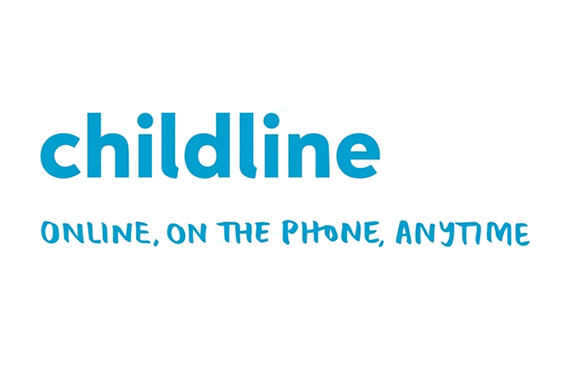Panic and panic attacks
Have you ever said you’re ‘In a bit of a panic’? Or how about, ‘I just panicked and bought something!’. Panic is a word that’s used a lot, but what does it really mean? And how is a panic attack different from just ‘panic’?
What is panic?
Put simply, panic is your body’s alarm system, put there to tell us to be careful of something. Back in the early days of humanity, panic was useful for alerting us to very real threats, like being hunted or under attack. The body is filled with adrenaline at the thought of the threat, and this adrenaline would help us run away quickly, or stand and fight if needs be. Nowadays, that adrenaline might also come in useful if you find yourself face to face with someone trying to break into your house, for example, but the rest of the time, panic might be your body overreacting to what it thinks is a threat.
What is a panic attack?
A panic attack is like an extreme version of panic that can take over. It might be stronger than usual panicky feelings, last for longer, or just come out of nowhere, even when there’s no threat.
When a panic attack happens, it can be scary and horrible. It might feel like:
- Your heart is thudding or skipping a beat
- Your head is pounding
- You’re dizzy, wobbly or might faint
- Changes in breathing – like you can’t breathe enough or catch your breath
- You need to escape or stop what you’re doing
- You’re hot and sweaty, or cold and even shivery.
Coping with panic
There are some important things to remember when it comes to panic and panic attacks:
- Panic attacks are very common – lots of people you know may have experienced one.
- Panic itself is not dangerous. You might feel like you’re going to be sick or faint, or even have a heart attack, but it is very, very uncommon that these things actually happen during a panic attack.
- Panic is not necessarily a sign that you have a serious mental or physical illness, but if you’re worried you could speak to someone in confidence.
- Panic attacks do not usually last long. Your body can’t sustain that level of panic, so the feelings will pass.

Breathing techniques
Controlling your breathing can help generally but also when you’re panicking.
Breathing techniques
Watch our video
This short video features Olivia from Leeds who has coped with panic for several years.
Watch Olivia's story
Exercise
This is really useful for helping burn off the extra adrenaline your body is creating in times of panic. Find out easy ways to get started here.
Exercise
Mindfulness
Think of relaxation as the opposite of panicking. Sounds good? Mindfulness can help you get there.
Mindfulness
ChildLine
Information about stress and anxiety, including symptoms, managing anxiety and panic attacks.
ChildLine
No panic youth helpline
This national service has a free helpline for those aged 13-20 who need help with anxiety, panic or related problems.
No panic youth helplineAre you a parent or carer?
If you’re looking for more information to support a young person you care for with their mental health, visit our parent and carers page.
